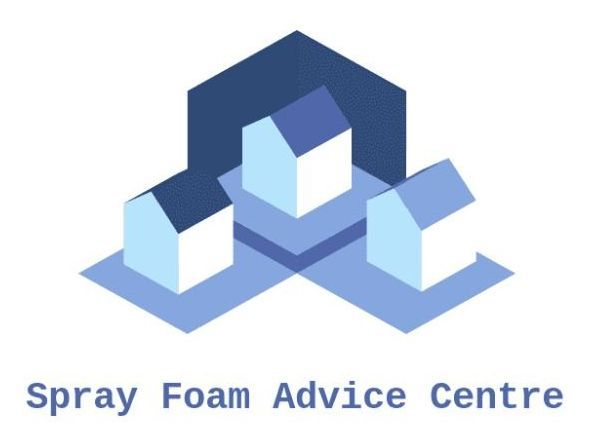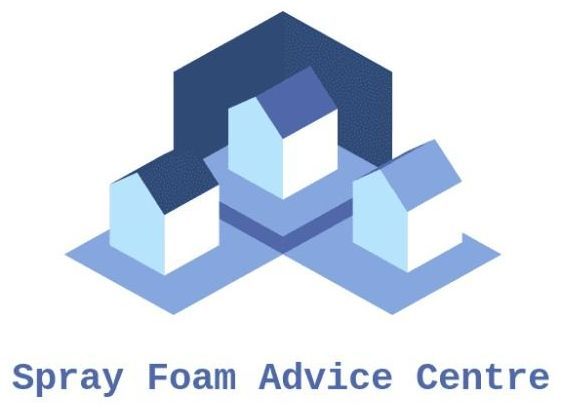Need Help?
Frequently Asked Questions
-
What is the current big debate on spray foam installation?
Spray foam insulation stands out for its exceptional thermal efficiency and versatility, making it a powerful solution for enhancing energy efficiency in residential and commercial buildings. However, like any construction enhancement, proper installation is paramount, requiring adherence to necessary approvals and permissions. It's crucial that spray foam installation follows manufacturers' guidelines and is executed by certified professionals.
Regrettably, instances of improper procedures and substandard workmanship have tarnished the reputation of spray foam insulation systems. Simon Storer, Chief Executive of the Insulation Manufacturers Association (IMA), highlights how negative perceptions have overshadowed the benefits of these improvements, despite significant investments made by homeowners.
Storer emphasizes the importance of recognizing professionally accredited installations as valuable property enhancements, akin to other home improvements. By ensuring adherence to standards and employing accredited installers, spray foam insulation can fulfill its potential in enhancing energy efficiency and comfort in buildings.
-
Will it be necessary to have my spray foam insulation removed if I want to sell?
Negative perceptions surrounding spray foam insulation may lead potential buyers to view your property unfavorably, potentially complicating the selling process. One solution to address this concern is investing in the removal of spray insulation, which can incur significant costs, averaging around £5,000. However, for sellers aiming to minimize expenses, this may pose a challenge.
Removing the spray insulation eliminates the associated issue, potentially broadening the pool of interested buyers by removing a potential dealbreaker. Additionally, it can alleviate concerns for mortgage providers hesitant to finance properties with spray foam insulation.
Yet, not all homeowners may have the resources or time to undertake such removal and replacement projects. In such cases, alternative options for selling the property remain viable, ensuring a fast and equitable transaction without the need for extensive renovation.
To navigate the complexities of selling a property with spray foam insulation or explore alternative solutions, it's prudent to seek expert guidance. Contact us in the first instance for personalized advice tailored to your specific situation. Our experienced team can provide insights and assistance to help you make informed decisions and achieve your goals efficiently.
-
I have spray foam insulation and been refused a secured loan. Is there anything I can do?
Navigating the world of property finance in the UK can feel like a maze, especially when it comes to addressing issues like insulation. Spray foam insulation, while touted as a superior option to traditional mineral wool, can present a significant hurdle for homeowners seeking financial assistance.
Whether you're looking to remortgage, explore equity release options, or purchase a new property, spray foam insulation can throw a wrench into your plans. Found in countless homes across the country, this insulation method is popular for its purported efficiency and effectiveness in various areas such as wall cavities, flooring, and lofts.
However, the problem arises when it comes to securing financing. Many mortgage lenders and equity release providers shy away from properties with spray foam insulation, citing a range of concerns—some of which may seem unfounded to homeowners.
While mortgage lenders typically rely on surveyors to identify insulation types during property valuations, the presence of spray foam insulation can often lead to automatic rejection of loan applications. Equity release providers, in particular, tend to adopt a blanket policy of refusing to lend against properties with spray foam insulation.
If you find yourself facing this challenge, it's crucial to seek advice and support from professionals who understand the intricacies of property finance in relation to insulation issues. Don't hesitate to reach out to us for guidance and assistance as you navigate this complex landscape. We're here to help you find solutions tailored to your specific situation.
-
What was the government's Green Homes Grant Scheme?
The Green Homes Grant scheme, which ceased accepting applications on 31 March 2021, has drawn mixed reviews since its inception. Intended to provide financial assistance for energy-efficient home improvements, the scheme encountered several challenges during its operation.
Initially hailed as a promising initiative, the scheme aimed to incentivize homeowners and landlords to invest in energy-saving upgrades. However, its implementation faced criticism due to various issues, including administrative complexities and difficulties in accessing accredited tradespeople within the allocated timeframe.
Despite offering vouchers covering up to two-thirds of improvement costs, with higher subsidies for households receiving certain benefits, the scheme fell short of its intended impact. Spray foam loft insulation, among the covered improvements, saw widespread uptake, and some homeowners encountered difficulties refinancing or selling their property after installation.
-
I paid for my spray foam installation with a grant from the Green Homes Grant Voucher Scheme. Will I be able to claim compensation?
In June 2022, the UK government made a disappointing decision regarding spray foam insulation installations conducted using Green Homes Grant vouchers. They announced that they had no immediate plans to intervene in cases where property values or mortgage accessibility were negatively impacted. Here's what homeowners affected by this decision need to know:
Mortgage Availability: Shockingly, the government stated that the availability and terms of mortgages are solely at the discretion of lenders. This places homeowners in a vulnerable position, as they have limited recourse if their property's value or access to mortgages is affected by spray foam insulation.
Responsibility of Installer and Homeowner: Despite the potential risks associated with spray foam insulation, the government insisted that the decision to proceed with such installations lies entirely with the installer and the homeowner. This unfairly shifts the burden onto homeowners, who may not have the expertise to fully understand the implications of their insulation choices.
Moreover, in March 2022, the government mentioned that consumers who feel they have been misled about spray foam insulation installations may seek redress under the Consumer Protection from Unfair Trading Regulations 2008. While this offers some hope, it places an additional burden on affected homeowners to navigate complex legal processes.
This government decision is undoubtedly unjust and places an unfair burden on homeowners who trusted the Green Homes Grant scheme to improve their properties. If you've been affected by this decision or have concerns about spray foam insulation, don't hesitate to reach out to us at the Spray Foam Advice Centre for expert help and support.
We understand the challenges you're facing and are here to provide guidance and assistance every step of the way. Your peace of mind is our priority, and we're dedicated to helping you find solutions that protect your home and your interests. Contact us today for personalised advice and support.
-
What is a condensation risk analysis and where can I get one?
As a homeowner in the UK, understanding the intricacies of building regulations and compliance requirements is crucial, especially when it comes to elements like insulation and condensation risk. One such assessment that you may encounter is the Condensation Risk Analysis, which evaluates the likelihood of interstitial condensation within your roof or wall construction.
Why is this important? Well, not only does it help ensure compliance with building regulations, but it can also play a significant role when seeking financing for your property. Mortgage lenders often require evidence that a property meets certain standards, and a Condensation Risk Analysis can help provide that assurance.
Essentially, this analysis involves calculations to determine whether your insulation system is likely to result in condensation issues. By clearly identifying whether the proposed system passes or fails the assessment, homeowners can demonstrate compliance and lower the risk associated with their installation.
A noteworthy trend emerging among mortgage lenders is their increasing openness to homes with Spray Foam Insulation. While traditionally there might have been hesitation due to concerns about compliance and documentation, many lenders are now taking a proactive approach. They are either lending outright or considering lending, provided that the insulation installation meets compliance standards and is supported by the necessary documentation.
At the Spray Foam Advice Centre, we understand the importance of navigating these requirements and ensuring your property is compliant. Our team of experts can provide advice on obtaining a Condensation Risk Analysis and guide you through the process. Whether you're considering insulation upgrades or have questions about compliance and financing, consulting with professionals in the field can provide invaluable guidance tailored to your specific needs and circumstances.
In essence, having a Condensation Risk Analysis conducted, especially for installations like Spray Foam Insulation, can not only ensure compliance but also potentially facilitate smoother financing processes for homeowners. It’s a step towards not only enhancing energy efficiency but also ensuring the long-term sustainability and comfort of your home.


Get Free Advice Today!
Contact Us
We will get back to you as soon as possible
Please try again later
“Decisions concerning pricing and availability of mortgages are commercial decisions for lenders. The government does not seek to intervene in these."
- Greg Hands, minister of state for the Department for Business, Energy and Industrial Strategy

